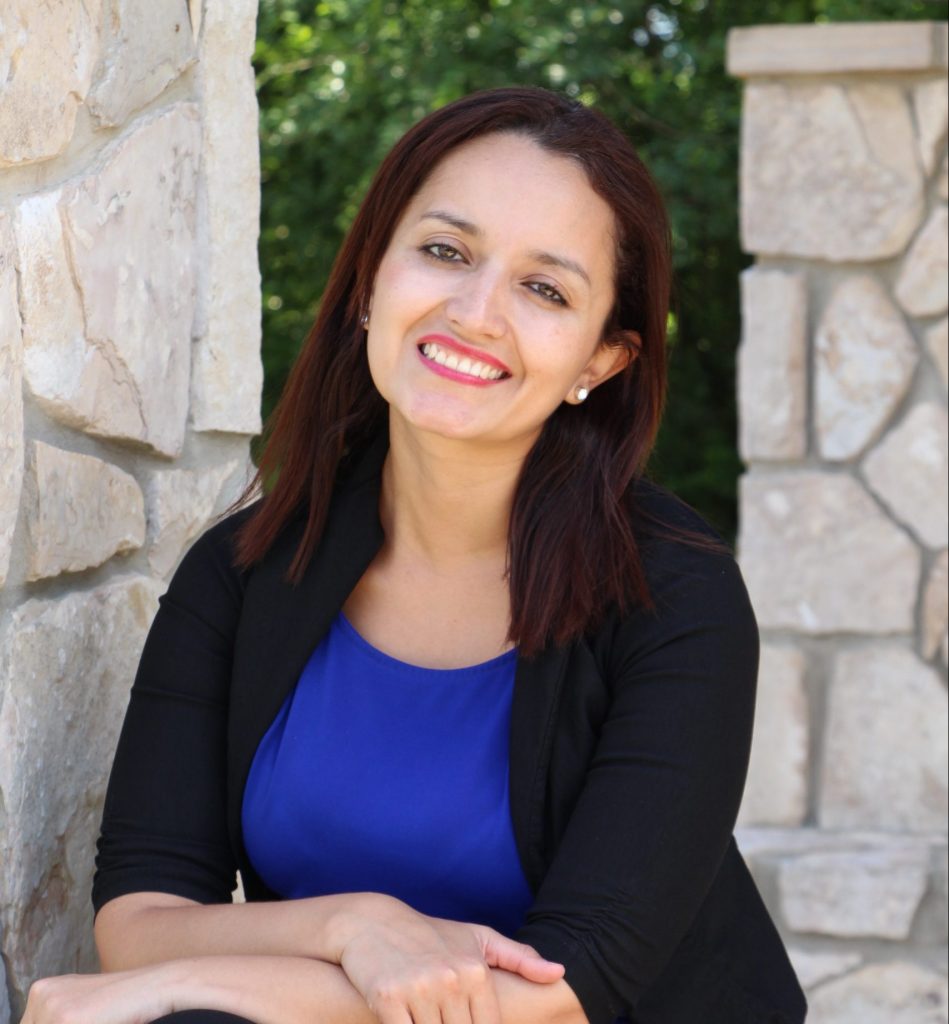Graduate Colloquium Series: Nathalie Mendez (POLS) – 4/7/2020
“Why Do Bureaucrats Work Together? Micro Explanations for Cooperation in the Public Service” Rescheduled to Tuesday, April 7, 2020. Zoom Meeting information: Meeting ID: 777 318 067 https://tamu.zoom.us/j/777318067 In compliance with recommendations surrounding COVID-19, our Colloquium Series is being moved online for the remainder of the semester. Tuesday, April 7, 2020 Tuesday, March 31, 2020, […]

“Why Do Bureaucrats Work Together? Micro Explanations for Cooperation in the Public Service”
Rescheduled to Tuesday, April 7, 2020.
Zoom Meeting information:
Meeting ID: 777 318 067
https://tamu.zoom.us/j/777318067
In compliance with recommendations surrounding COVID-19, our Colloquium Series is being moved online for the remainder of the semester.
Tuesday, April 7, 2020
Tuesday, March 31, 2020,
Location: 311 Glasscock Building
Nathalie Mendez
Ph.D. candidate, Department of Political Science| 2019-2020 Glasscock Graduate Research Fellow
Abstract:
Strengthening the capacities of governments is widely praised as leading to better governance. Although some studies focus on how bureaucrats’ interactions affect performance, they rarely focus on why these public servants cooperate in the first place. This project hypothesizes that activation of cooperation occurs when bureaucrats share culturally-based identities (gender and race), professionally-based identities (professional background and job status) and/or geographically-based identities (geographic jurisdiction), and it is sustained when bureaucrats have cooperated in the past (reciprocity).
The evidence presented is from a multi-method case study with bureaucrats in Colombia conducted in 2019. Interviews and surveys were used to track cooperation patterns in bureaucrats’ daily routines. Factors such as gender and race do not explain why people cooperate with each other. Bureaucrats are more prone to cooperate with people they have a common background with (work experience, academic trajectories or training activities).
The Graduate Colloquium offers graduate students an opportunity to discuss a work-in-progress with faculty and graduate students from different disciplines. By long-standing practice, colloquium presenters provide a draft of their current research, which is made available to members of the Glasscock Center listserv. Each colloquium begins with the presenter’s short (10-15 minute) exposition of the project, after which the floor is open for comments and queries. The format is by design informal, conversational, and interdisciplinary.
The paper is available to members of the Center’s listserv, or by contacting the Glasscock Center by phone at (979) 845-8328 or by e-mail at glasscock@tamu.edu.
Join the Center’s listserv to receive regular notices of colloquium events.
